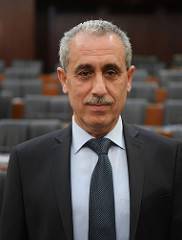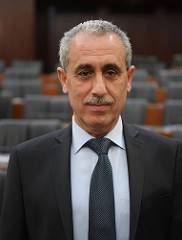Member of the "Development and Liberation" bloc, Deputy Mohammad Khawaja, stated that "the government is not clearly defined even today, and personal factors and the nature of the sectarian system are affecting the lack of government formation."
During a talk on "Voice of All Lebanon" radio, Khawaja noted that the main issue lies in the poor relationship between the president's team and all parties involved, adding that the main victims are President Michel Aoun’s term and the citizens. He questioned, "Is the Lebanese citizen forced to pay the price for the bad relationship between Prime Minister-designate Saad Hariri and Deputy Gebran Bassil?"
Khawaja emphasized the need to develop the system, pointing out that the Lebanese have sufficient maturity for dialogue and calling for a new electoral law. He mentioned that the Development and Liberation bloc has presented a comprehensive electoral law that would place Lebanon in a better position and introduce us to a modern system, stressing that this law is not unjust to anyone.
Regarding the absence of President Nabih Berri from initiatives, he stated, “President Berri is not absent, but he does not join an initiative unless it has at least a minimum of success,” citing the recent events with Patriarch Mar Bechara Boutros Al-Rahi as evidence that when the intertwined parties are ready to listen, President Berri will be prepared.
On the health situation, Khawaja considered that "what Lebanon has reached in the COVID-19 file is a shared responsibility between the authorities and the citizen. However, there has been confusion in the decisions made, which were not well thought out due to a lack of vision. Yet, this does not absolve the citizen from responsibility. Had strict and severe measures been adopted from the very beginning, we would not have reached our current situation."
He pointed out that "the Parliamentary Health Committee has achieved tremendous work," suggesting that security forces should be among the top priorities for vaccination as they are on the front lines.




